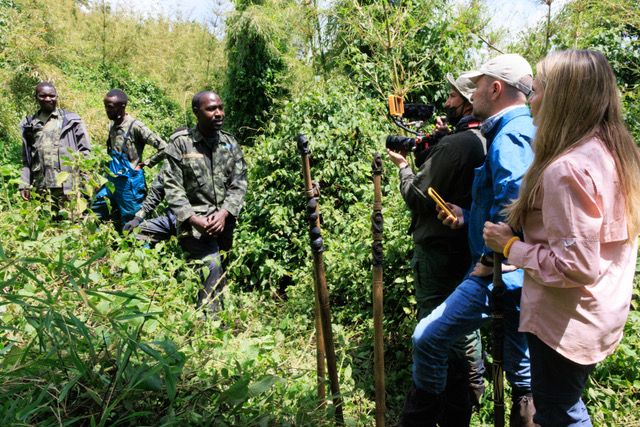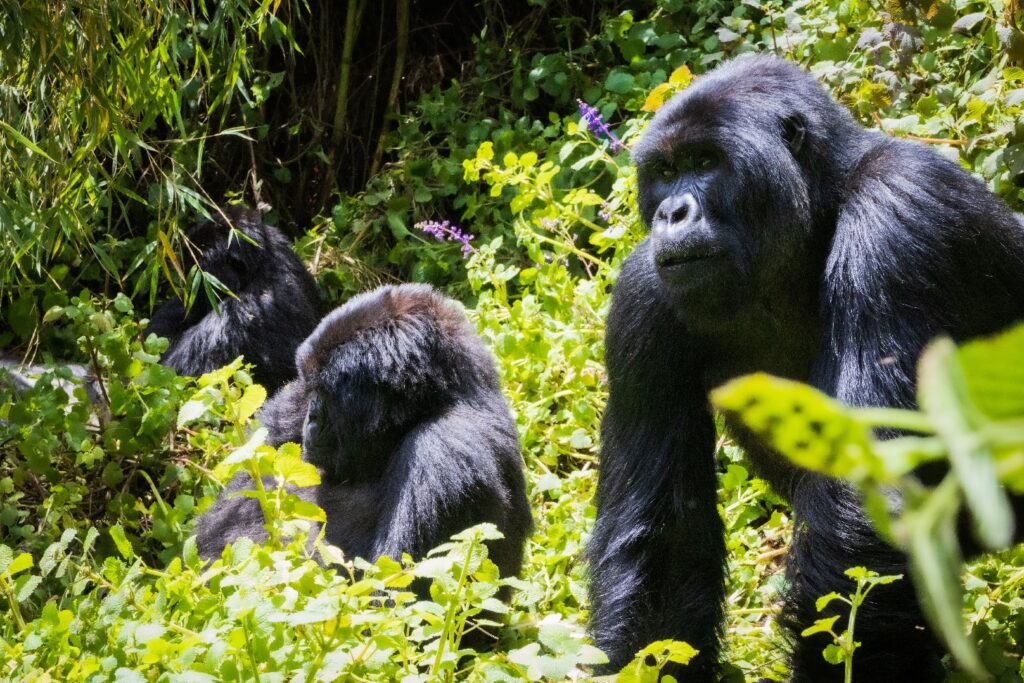In Escape from Extinction: Rewilding, Meryl Streep lends her gravitas to a nature documentary asking some searing existential questions: “What is the cost of indifference? Where is our point of no return? When are self-inflicted wounds too deep to heal?” Far from mere rhetorical flourishes, these are the film’s central concerns and work as the emotional backbone of a documentary that confronts the scale of our present ecological collapse, while holding on tight to a fragile thread of hope.

The film is a sequel to 2020’s Escape from Extinction and continues in its championing of climate-conscious storytelling. This time, however, the lens shifts from a devastating look at how the natural world teeters on the brink of disaster, and instead centres on the potential for renewal. Rewilding, as defined here, is not merely about preventing species from dying out; it’s about rebuilding the intricate web of life, from ecosystems, habitats, and connections, by giving nature the space and support to regenerate. In a world rocked by Earth’s sixth mass extinction, the film offers a radical but grounded idea: maybe we can still win this war, even if much has already been lost.

The documentary travels across the globe, spotlighting veterinary scientists, animal behaviourists, ecologists, and Indigenous leaders who are actively restoring damaged environments. A compelling case study in Rwanda details how economic desperation once drove human communities to decimate local wildlife. Lions and rhinos vanished. Yet through ecotourism and community engagement, the country has become a model for sustainable restoration. Crucially, when local populations have a real stake in ecosystems, they become their stewards: reporting poaching, regulating use, and protecting biodiversity out of mutual interest.
The film touches on a wide range of topics – sometimes, too many. From forest conservation to marine restoration, from ecological replacement to the invisible loss of locally adapted subspecies, it offers a whirlwind tour of ideas that often feel like they deserve more breathing room. Controversial practices such as species translocation, sustainable hunting, and culling are addressed, though briefly, as are harder subjects like violence against environmental defenders, political corruption, and the suppression of scientific truth.

Still, what the film lacks in depth, it makes up for in tonal clarity. Its moral compass is unambiguous: facts over fear, science over slogans, solutions over special interests. This is not a nihilistic tale of collapse. It is a call to arms, measured but urgent, unsettling yet fundamentally optimistic.
Escape from Extinction: Rewilding ultimately works as a primer on the vast and varied strategies for saving the planet. It doesn’t offer all the answers and sometimes glosses over the thorniest issues, but in a media landscape saturated with despair, its balanced emphasis on resilience, collaboration, and ecological possibility is a powerful reminder: the fight isn’t over, and rewilding might just be our way back.
